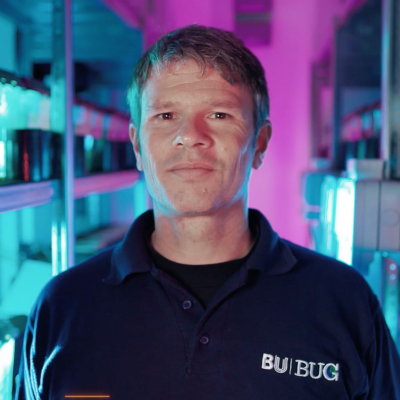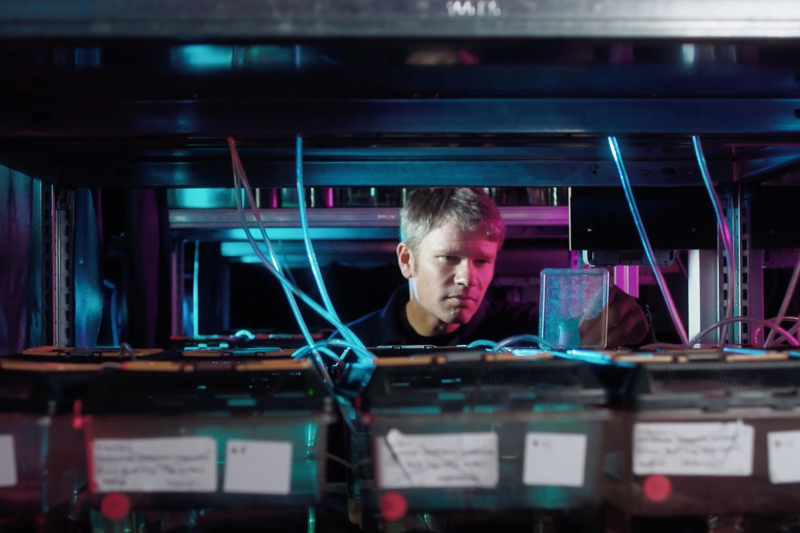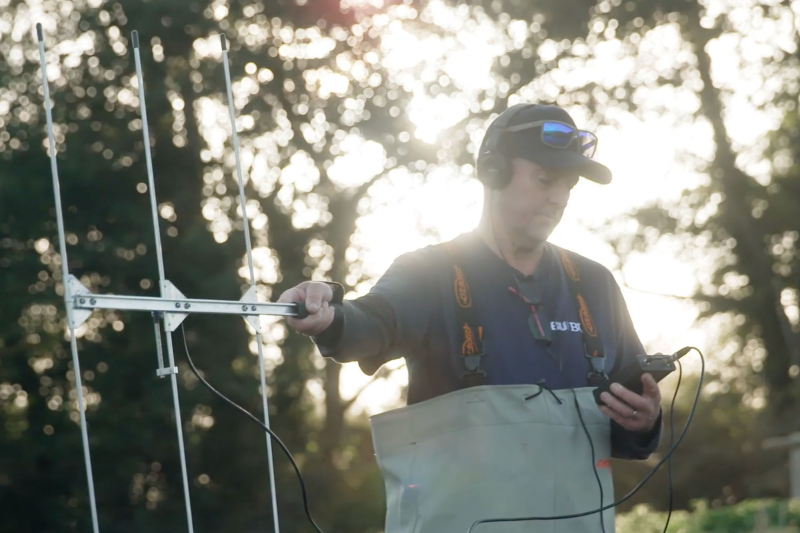Substantial declines in the world’s fish diversity, populations, and the fisheries they support are one of the world’s greatest environmental problems. In an effort to reverse the declines, Professor Robert Britton from BU's Department of Life and Environmental Sciences (LES) is leading a new team, the Research Cluster for Fish Ecology and Conservation at BU or FishE@BU.
The cluster is part of BU’s larger efforts to protect and preserve a sustainable environment.
The cluster already has a strong track record in tracking the movements and understanding the ecology of fish species in rivers across Europe. Work is ongoing on the European eel, European shads and Atlantic salmon, species which were once in great numbers in Europe’s rivers but are now increasingly rare.
In Asia, the team are working to reverse the population collapse of the humpback mahseer (Tor remadevii), which can grow to over 50kg. This mahseer is under great threat. But with the help of the FishE team who first described the fish, the mahseer has now been assessed as 'critically endangered' on the International Union for Conservation of Nature (IUCN) Red List and a programme in place to restore their populations.
Diverse causes, diverse solutions
The FishE@BU cluster will harness the expertise and skills within LES to explore how certain factors, such as barriers in rivers (dams and weirs), invasive species, overfishing, pollution and the effects of climate change, can negatively affect fish populations.
The cluster aims to understand what drives fish diversity loss and use this knowledge to influence local and national policy and practice. Permanently securing the sustainable use of fish, fisheries and all aquatic resources will ensure fish biodiversity – the range of species – is no longer in serious decline.
Essentially, the work of this cluster could support the long-term health of our environment and the critical role that fish play in it.
A particular focus for the BU researchers is on freshwaters, where the fish communities are often overlooked yet provide a quarter of the world’s vertebrate species in habitats covering less than 1% of the Earth’s surface. Fish populations will be sampled, species diversity and ecology assessed, and the genetic make-up of species analysed and recorded.

Professor Robert Britton
Lead for FishE Research Cluster
The need for these insights and solutions is increasingly urgent if we want to support a sustainable environment and protect vital fish species for generations to come
Molecular ecology – at its most forensic
The BU team will work with geneticists and environmental modellers to compile the broadest assessment of the data. These conclusions will provide the necessary evidence for informed decision-making and the development of progressive, remedial policies for planners worldwide – and could have a large-scale impact on the preservation of fish species and environments across the globe.
The loss of fish diversity is becoming one of the world’s great environmental tragedies. But Prof Britton and his colleagues at BU are determined to pinpoint the most critical factors in their decline and make every effort to reverse and restore them to their central role in global aquatic habitats.

